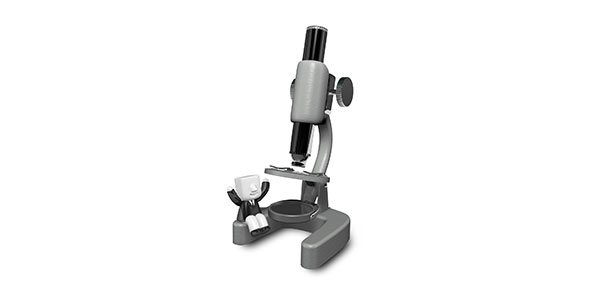Related Flashcards
Related Topics
Cards In This Set
| Front | Back |
|
_____ of psychological knowledge are often called researchers, while ______ of psychological knowledge are often called practitioners
|
Producers; consumers
|
|
________ involves detailing characteristics or behaviors of interest, ________ involves demonstrating that characteristics or behaviors are related to each other, and _________ involves establishing that changes in one characteristic or behavior leads to changes in another.
|
Description; prediction; understanding
|
|
Intuition, authority, rational induction, and empiricism are each a useful source of ________, but only the latter is an accepted source of __________.
|
Hypotheses; knowledge
|
|
_______ hypotheses are related to descriptive knowledge, ________ hypotheses to predictive knowledge, and _______ hypotheses to understanding.
|
Attributive, associative, causal
|
|
_______ hypotheses are about the description of characteristics or behaviors, _______ hypotheses are about the statistical relationships between characteristics or behaviors, and ________ hypotheses are about how characteristics or behaviors influence each other
|
Attributive, associative, causal
|
|
_______ comes only from rational induction, while _______ comes from empirical research
|
Proof, probabilistic conclusions
|
|
Applications of the research loop involve ________ studies of new research hypotheses, _________ studies of previous research to test the reproducibility of previous research findings, and _________ studies to test the specificity and generalizability of previous research findings
|
Initial, replication, convergent research
|
|
The _________ approach is based on the idea that one properly completed study will give us reliable and correct knowledge, while the ________ approach is based onthe idea that reliable and correct knowledge is only obtained from repeating the exact and similar studies to find a pattern of consistent findings.
|
Critical experiment; converging operations
|
|
________ validity is about causal interpretability, _______ validity is about generalizability, __________ validity is about proper representation of characteristics of behaviors with our data, and _______ validity is about correctly deciding whether or not two characteristics or behaviors are related.
|
Internal, External, Measurement, Statistical conclusion
|
|
________ is the component of external validity related to who is in the study, ______ is the component related to where the study is conducted, _______ is the component related to what participants do and interact with during the study, and ______ is the component related to when the study is conducted.
|
Population, setting, task/stimulus, societal/temporal
|
|
A _____ sample "looks like" the target population, while a ________ sample is one procedure used to obtain this goal
|
Representative, random
|
|
A ______ sampling frame includes the identity of or access to all members of the target population, while a ______ sampling frame includes the identity of or access to individuals who are expected to represent the target population
|
Complete; purposive
|
|
Each member of a ________ selected sample is individually chosen from the sampling frame and approached to participate in the research, while those from a _______ selected sample respond to a general invitation to the sampling frame
|
Researcher-selected, self-selected
|
|
In a ______ sampling plan each member of the sampling frame has an equal probability of selection, while in a ______ sampling plan each member of a given subsection of the sampling frame has an equal probability of selection
|
Simple, stratified
|
|
A _____ includes all members of the group to which the researcher would like to generalize the results of the research, while the _______ is a list or access process for the group
|
Population, sampling frame
|








